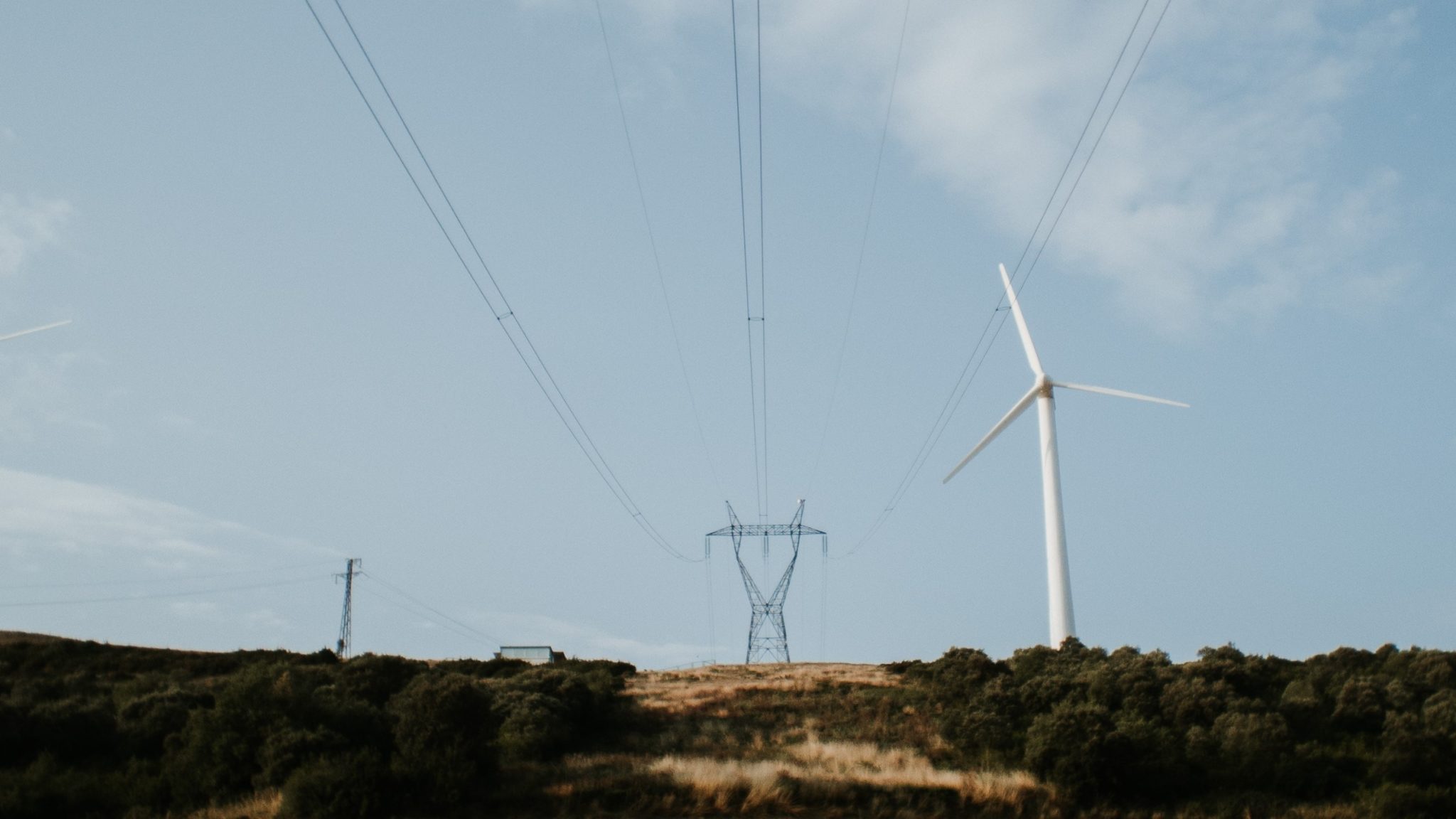Taxation of onshore windpower – amended proposal

Last year’s proposal for a ground rent tax met heavy resistance from the industry itself and a unique coalition of law firms. Following a heated debate, the Government decided last May to postpone the introduction of the new tax regime.
The Government presented last week its revised proposal; Prop. 2 LS (2023-2024). The industry’s immediate response is that while voiced as a big change, it is not. And that already made investments do not get sufficient tax shelter, thereby still suffering a tax with retroactive and confiscatory effect.
These are the main points and amendments in last week’s revised proposal:
Ground rent tax:
New: Effective tax rate 35%
- Down from 40% in last year’s proposal
- Note: The tax rate will now be one of the key points in negotiations between parties in Parliament. Particularly since the ground rent tax rate on aquaculture – an industry with remarkable profits the past 10 years – is set at 25%
Gross income:
- Spot price value of power produced, with the exception for:
- Power sold under fixed-price PPA’s signed prior to 28 September 2022
- Power sold under specific contract types (to be further specified)
- Gains/losses on financial hedges (futures) signed prior to 28 September 2022
- Income from sale of Guarantee of Origins and of Electricity Certificates
- New: Power sold under fixed-price PPA’s produced by plants established during 2024-2030
Deductible items:
- Operating expenses (but narrower defined than for ordinary income tax)
- Investments in operating assets acquired 2024 or later (full deduction in year of acquisition)
- Negative tax base / tax loss from earlier years, with added interest at risk-free rate
- Property tax
- New: Depreciation and amortization (with rates as for ordinary income tax) of operating assets acquired before YE 2023 – with cost / balance reduced based on depreciation deductions from year of acquisition to YE 2023 under ordinary depreciation rates rather for accelerated depreciation under the 2015-2021 tax incentive scheme
- New: “Waiting interest” (Norw: “venterente”) on the remaining tax cost after depreciation, at risk-free rate
- According to the Government, such “waiting interest” provides an “equivalent present value” compared to immediate deduction of remaining tax cost – despite it being at risk-free rate
Tax credit:
- Production tax payable will reduce the ground rent tax payable on a NOK-by-NOK basis
Tax revenue:
- Paid to the State, but the with a share granted to the host municipalities. The grant shall give the host municipalities a revenue equal to 50% of the Production Tax and Ground Rent Tax paid in total
Natural resource tax:
- Originally proposed as a separate production tax at 1.3 øre per produced kWh
- New: Cancelled – taken off the table in the revised proposal
Production tax:
- Proposed increased from current 2 øre to 2.3 øre per produced kWh
- Paid in full to the host municipality
Analyses by KPMG and THEMA showed that with the original proposal, several of the project financed wind plants will likely default on their loan obligations. The coalition of law firms Haavind, Thommessen, Simonsen Vogt Wiig and Schjødt argued that that the concept of a “ground rent tax” relies on the taxpayer actually realizing a “ground rent”, i.e., a profit exceeding ordinary return on investment. This is rarely the case for wind power plants, thereby killing the rationale for the tax. Furthermore, the lack of full deduction for investment cost and thus leading to an extraordinary high effective tax rate, may violate the Constitution’s articles prohibiting laws having retroactive or confiscatory effects, the European Convention on Human Right’s provisions protecting the right to property and EU/EEA law on the right of establishment.
In the latest proposal, the Government offers a number of refutations to KPMG’s and THEMA’s calculations and to the legal arguments made by Haavind and other law firms. The Government acknowledges however that the transition to ground rent taxation is challenging for historic investments and their financing regimes – and refer to the proposed “generous transitional rules” for historic investments.
The new “generous transitional rules” may soften the impact of the proposed ground rent tax. We expect that KPMG and THEMA will provide their analyses of the economic effects of the revised proposal shortly. However, the fact remains that very few of the already operational project financed power plants provide more than moderate return on investment – an investment that remains fully financed by the taxpayer. Charging a “super-profit” tax on an industry that a) is unlikely to produce a super-profit in foreseeable future and b) is singled out as a essential to the “green shift” is perhaps not the best source of tax revenue for the State of Norway…?
